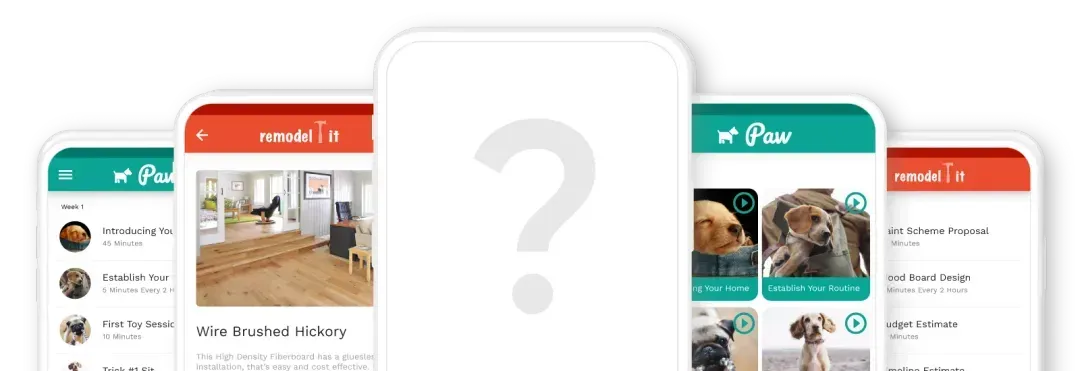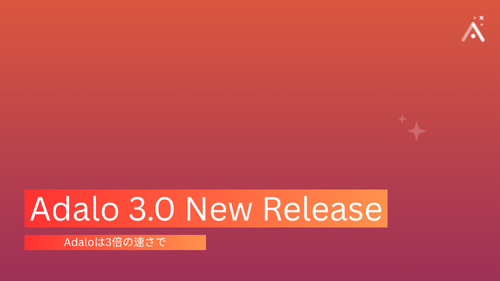In the Adalo Experts’ community there is a debate on the merits of having contracts between Adalo Experts and their clients. On one hand are Experts who believe the actual act of signing a contract is what creates and codifies the legally binding Expert / client relationship, while on the other hand is the feeling that contracts are from a bygone era, something with as much place in the digital office as a business stamp.
It is true that the digital world has disrupted contracts. Pre-digital freelancers and their clients would often be based in the same region where the legal jurisdiction of a contract would be the same for both freelancer and client. Now, it is more likely for a freelancer and client to be in different countries or even different continents. This means that a key tenet of contracts, that when mutually signed they are legally enforceable, is reduced in power due to the cost, logistic complexity and difficulty in enforcing contract laws in many jurisdictions around the world.

However, just because contract enforceability is reduced doesn’t mean that a contract serves no purpose. The primary purpose of a contract is not legal enforceability but rather to be a clear outline of responsibilities and expectations between an Adalo Expert and their client, codified and formalized via mutual signatures. Contracts provide professionalism, focus relationships and provide clear instructions of how relationships should be handled over a variety of different situations. Contracts reduce miscommunication and provide a roadmap for when things go wrong that both Experts and clienst by definition are in agreement on.
Contracts are a best practice for Adalo Experts. What helps is that they’ve never been easier to draft and sign. While Adalo recommends Experts consult a lawyer for any contract, especially large contracts, the internet is full of great templates. For example here is a flexible consulting agreement from Dropbox Sign, here is one from Jotform, here is one from LegalTemplates and here is some general signing advice from Wise.
While many are intimidated by legal documentation, patient readers will see that the length of many contracts is because they are written comprehensively in very direct language that can be highly readable for anyone who doesn’t mind some Google desk research for any unknown expressions.

Most contracts usually include some mixture of the following:
- Description of services: Description of the relationship between the Adalo Expert and client.
- Compensation details: How much does the client agree to pay the Adalo Expert, when payment should be due and on what terms.
- Expenses: Description of how expenses related to app development should be handled by the Adalo Expert.
- Term and termination: How long the contract is valid for and under what terms a contract may be terminated.
- Intellectual property rights: A reason to have a contract: having solid IP for who is the clear owner of any technology product is extremely important.
- Confidentiality: Clients often want Adalo Experts to keep details of their relationship private. This section often includes language around non-disclosure.
- Warranties: A client may want language that provides a warranty around the level of how a product performs.
- Independent contractor: This codifies legally that an Adalo Expert is a contractor of the client, not an employee of the client.
- Legal jurisdiction: Under what courts of law is the contract enforceable.
- Signatures section: Where the magic happens, a contract is nigh on impossible to enforce without signed copies. Tools like Dropbox Sign and PandaDocs make signing easy, however, be careful that your jurisdiction allows for digital signing.
- Statement of Work / Scope of Work: Often done as a separate ‘exhibit’ document that is referenced in the consulting contract, this section is where you legally insert product deliverables. (Some tips from Adalo on scopes of work can be found here)
Contracts have never been easier to draft, provide codified agreement between Adalo Experts and their clients and provide some level of legal protection to both parties. While some may rightfully point out that contracts can often have an enforceability issue, contracts between Adalo Experts and their clients are still very much recommended as a best practice for an Adalo Expert.
No advice above is meant to be legal advice. Every situation and jurisdiction is different. No blog post can substitute for a lawyer. Please consider talking to a lawyer, many lawyers give a first meeting for free.












.png)
.png)
.png)
